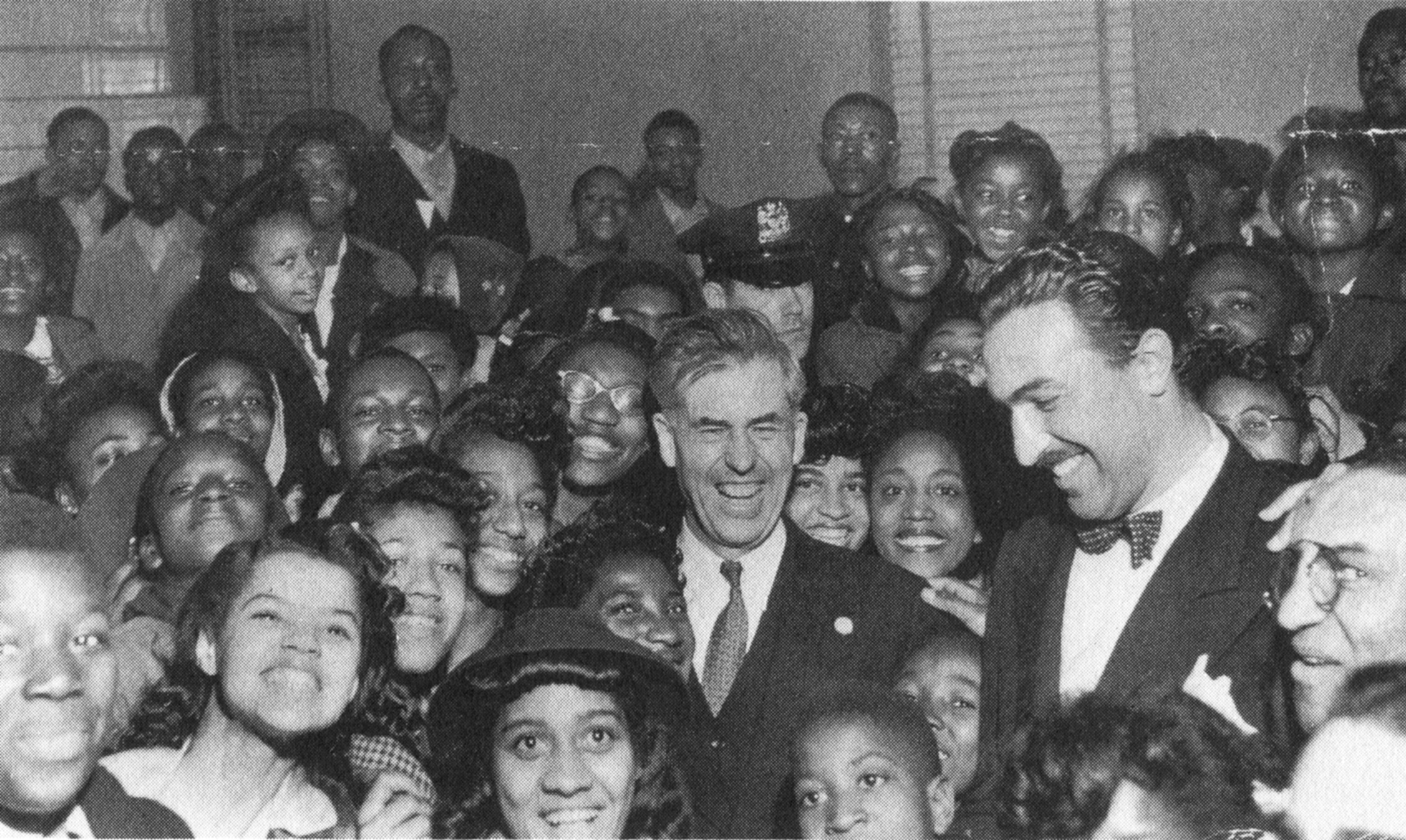
HENRY A. WALLACE
A Progressive Vision
Library of Congress LC-USZ62-49956
Henry A. Wallace is viewed as a visionary champion for the people with his progressive ideals and was “second only to Roosevelt as the most important figure of the New Deal.”
Henry A. Wallace was the 33rd Vice President of the United States under Franklin D. Roosevelt. He also served the Roosevelt administration as Secretary of Agriculture and Secretary of Commerce, and he championed the New Deal, which launched many of the economic programs and infrastructure we use today. Wallace ran for President on a platform of progressive ideals in 1948, and his domestic policies mirror the urgent issues of our day, including wage equity, racial and gender equality, retirement security, workers’ rights, voting rights, and reducing inflation.
In the documentary film “An Uncommon Man,” biographer and former U.S. Senator John Culver said of Wallace, “The one thing that is most remarkable [about his run for Presidency in 1948] is that this platform was amazingly farsighted and remarkably advanced in terms of the position it took. For example, equal pay for women, it called for the abolishment of Jim Crow laws and segregation, 18-year-old vote, national health insurance, the Department of Education, so all these things at the time were viewed to be so far out became mainstream.”
“He launched the first school lunch program … today the idea of school lunches is not only universal in this country they are an important part of our aid programs around the world,” Lester Brown said of Wallace in the film.

Wallace pictured with Adam Clayton Powell
Other commentary on Henry A. Wallace includes:
“To those who love him he is the great upholder of human welfare, the proponent of the century of the common man, the advocate of an expanding economy, the champion of a policy that would create 60,000,000 jobs.” — New York Times
“The New Republic was founded to express the promise of American life. No American can express that promise as well and truly as Henry Wallace.” — former New Republic publisher Michael Straight
“His message was never one of partisan politics, but of morality and the common welfare." — Iowa State University
"Most of the ideas for which he was condemned as a radical are now viewed as common sense." — Peter Dreier, E.P. Clapp, Distinguished Professor of Politics and chair of the Urban & Environmental Policy Department at Occidental College
Roosevelt once said to him, "You know, Henry, the things you believe in are all going to come some day. Your problem is that you're just too far ahead of your time."
— Wallace biographer John Culver, in Iowa Public Television biography


